



Mining is a critical pillar of the modern economy and provides employment to millions globally. India employs over 7 lakh people directly in mining activities and at least 4-5 times that indirectly. Although mining contributes to only about 2-3 percent of the total GVA (Gross Value Added) of the country, the commodities it yields are important precursors for industries and electricity generation. Around 75 per cent of India's electricity comes from the combustion of coal, which is largely mined domestically. In some sense, miners are as vital a cog in serving India's national interests as its farmers. However, the trials and tribulations of miners are rarely discussed in popular media. This Environment Day is a good time to remember that coal miners must be a part of the transition to a greener future too.
In the absence of rapid growth in the financing of alternative fuels and a decrease in the cost of green technologies, coal will continue to play a dominant role in India's energy basket for now. The country's commitment to a net-zero carbon emissions future will eventually reduce the use of coal. Thriving coal mines and townships that rely on the activity might shutter up or, in the best case, be repurposed for alternative uses providing some livelihood. Indirect jobs such as trucking, coal-washing and induced businesses (hospitality, services, etc.) in coal-rich towns such as Angul in Odisha could see a significant impact as well.
However, the most vulnerable of the lot are informal workers in the coal mining sector – those involved in extraction, loading/unloading, maintenance, and transportation. These jobs come with high occupational hazards, meagre compensation, and little to no employment benefits. While there is a 'jai kisan' and 'jai jawan' there is hardly any mention of khadaan (mining).
Justness in a just transition
The discourse on energy transitions at the international stage – the G20, the G7, the annual Conference of Parties (COP) and many more – rallies around the phrase "just transition" or "just energy transition". Justness here means the rehabilitation of livelihoods of those who rely on conventional sources of energy (like coal) for primary survival. The Global North, which has decreased its reliance on coal, is trying to coax developing countries to reduce their dependence on coal, by providing (at least verbally) assurances of funding for activities like closures of mines with a multi-stakeholder approach including rehabilitation/reskilling of workers. A significant example is the USD 8.5 billion funding offered via a Just Energy Transition Partnership (JET-P) deal between South Africa and the European Union, the US, Germany, and the UK. Initiatives like these have received a mixed response with many critiquing them as a form of neo-co(a)lonialism.
India’s transition away from coal will require significant support and financing. A recent report by iForest pegs the cost of the energy transition at USD 900 billion for India. Given the mammoth scale of dependence on the coal-mining sector in India, there needs to be a clear roadmap that drives action in the coming decades. It must consider all perspectives with a non-negotiable position that puts national interests and livelihoods linked to mining at the top. While international finance (such as grants and concessional loans) will be needed, our own focus must be to look inwards. The first step is to proactively start building institutional capacity at the ground level for the transition.
There are multiple facets to the transition, the following three bring very crucial – concerns about equity and social justice, sources of financing and implementation and monitoring.
First, all stakeholders must be proactively taken into consideration to ensure a decentralised, smooth transition at the lowest levels (mine/zone/district). Labour unions must be a part of the discussions from day one to avoid resistance in the future. Many in the mining areas do not understand terms such as 'just transitions'. There has to be a concerted effort to make miners aware of the decisions being taken to close or repurpose old mines, and with enough time. Civil society organisations and think tanks could conduct ethnographic studies on the ground rather than rely on 'helicopter' surveys or telephonic interviews.
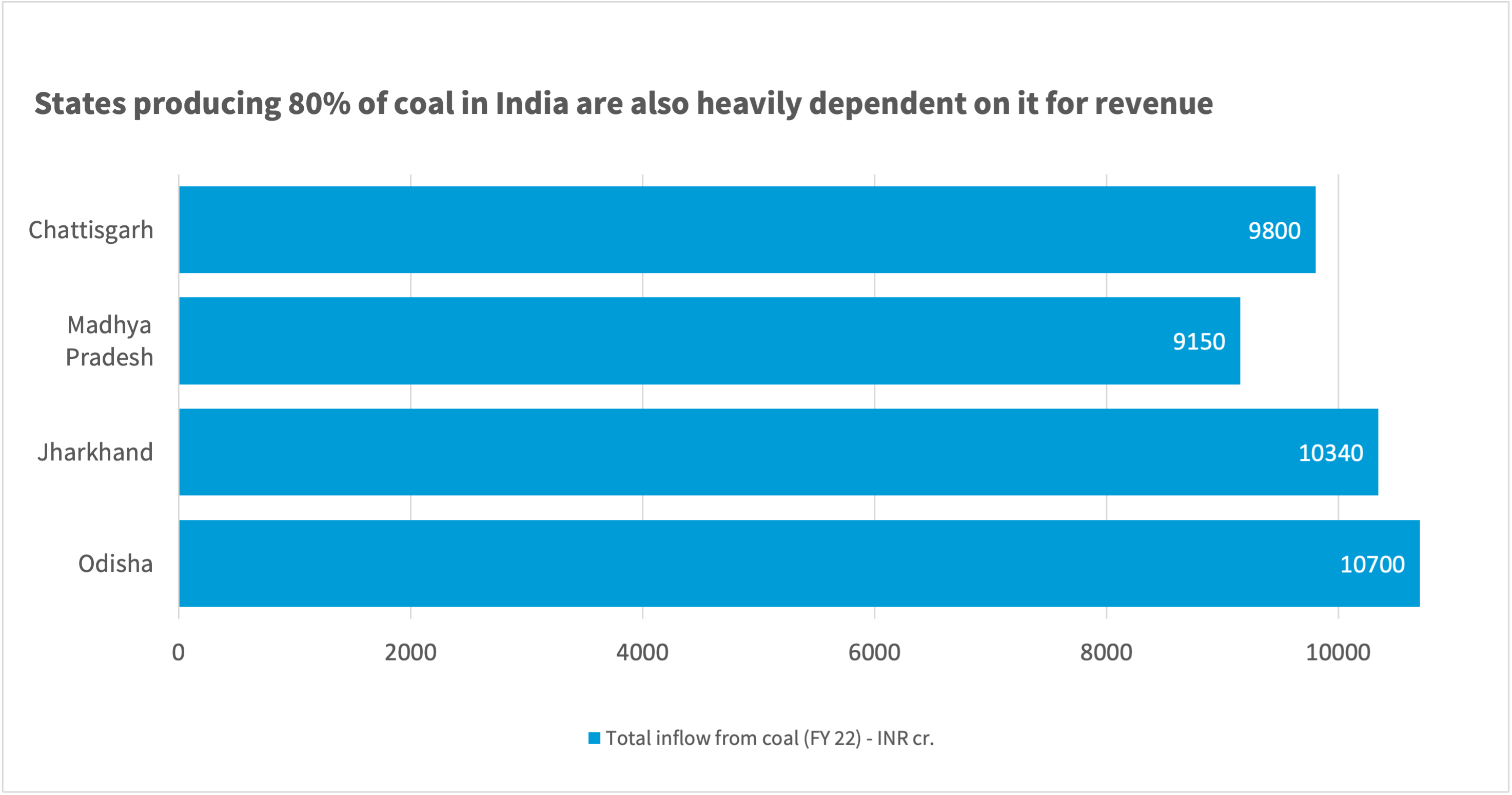
Source: Author’s analysis based on state budgets and CIL annual reports
Second, coal cess and royalties are crucial sources of revenue in coal-rich states. Local bodies depend on coal-related activities for revenue including welfare funds like the District Mineral Foundation Fund (for instance, in Jharia). Mining also affects production directly. Closure of mines would mean additional stress on the financial health of these bodies and funds. Companies like Coal India Limited (CIL) also serve a social purpose by investing in the infrastructure and welfare of workers in coal-rich zones. Bodies that dictate financial relations between the Centre and states and/or state and local bodies, like the Finance Commission, must take this into consideration and compensate the losers in these states well. States and local governments should start mapping alternative sources of commerce and revenue from now, like Jharkhand is. One of the solutions being proposed is to set up RE power plants at coal sites but currently seems too far-fetched since there is a mismatch between coal-rich zones and locations with rich RE potential.
Third, financing this transition justly will be the most challenging issue. India might need about a trillion dollars for the whole transition. Closure of mines to repurpose them can be funded through conventional sources of finance. Funding for workers, however, would mean raising money for compensation, providing voluntary plans with lump sum payments, pension support or reskilling capital. Some money could come through grants and developmental assistance like concessional capital or output-based-aid (OBAs) by multilateral banks. MDBs must realign their portfolio to this task of reconstruction of a whole sector by reminding themselves that their original purpose was reconstruction.
India must look inwards too. Although Coal India has struggled with money before, it is financially healthy today and could plan for this beforehand by establishing a workers’ fund for informal and contractual workers. In the absence of appropriate laws for informal workers, it is tough to arrive at a consensus on the quantum of compensation. Moreover, coal research suffers from data deficiency – there is a need for credible data on the total number of such workers in the public domain before taking policy decisions.
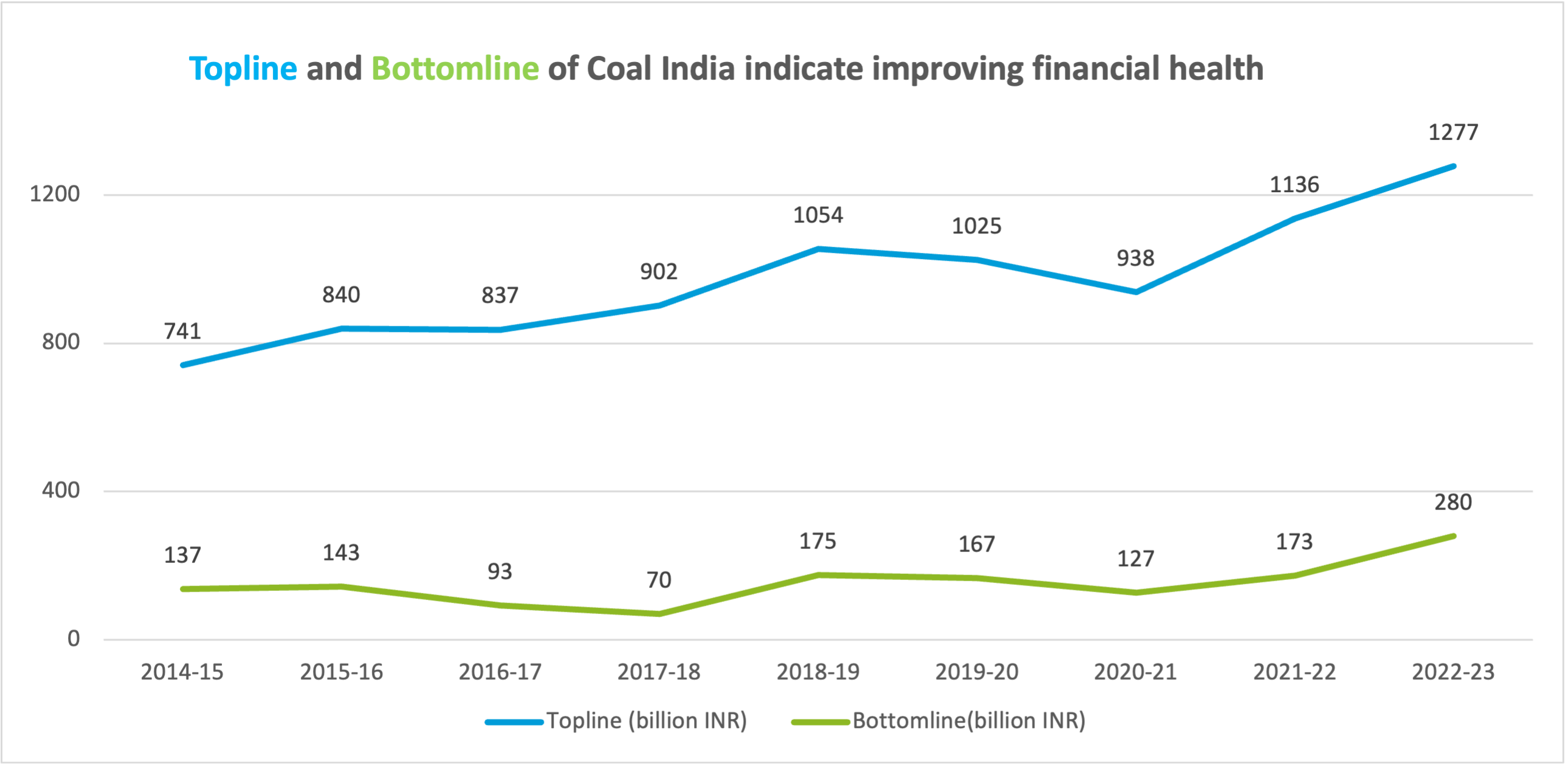
Source: Author’s analysis using CIL balance sheets present in the respective annual reports
Even if these concerns are systematically addressed, there must be scrutiny of the monitoring and implementation of the transition. The right approach is to conduct pilots and ethnographic studies before mine closures are attempted at scale and sensitise local administration towards these issues. Though there cannot be a single template, initial closure of mines in the near future could provide insights for establishing best practices.
Monetary compensation or reskilling are the bare minimum things to be done before the transition even begins. Compensation is mere "muafzaa". But justice, i.e., "nyaya", is inherently an intimate affair that includes the many aspirations of individuals, often sandwiched between national ambitions and international commitments. Prominent philosopher of justice, John Rawls writes that justice is the first virtue of social institutions preceding any other form of human advancement. A true just transition for miners would be a proactively planned, decentralised movement.
Amlan Bibhudatta is a research analyst at the CEEW Centre for Energy Finance. Send your comments to [email protected].


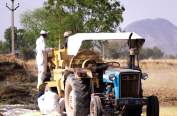
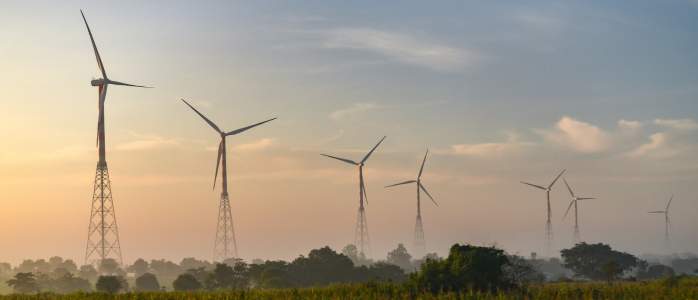
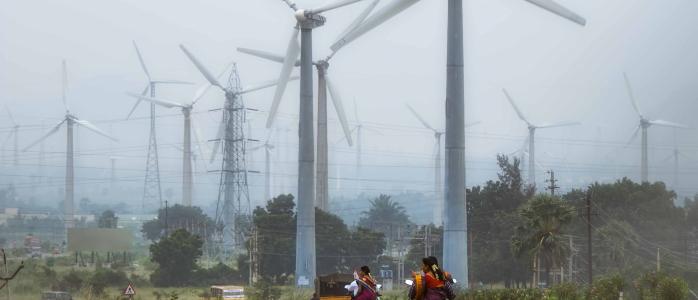
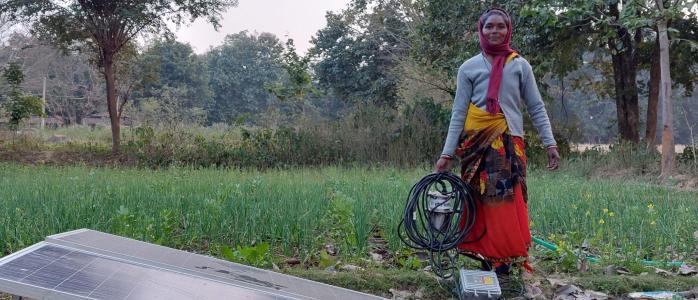
Add new comment